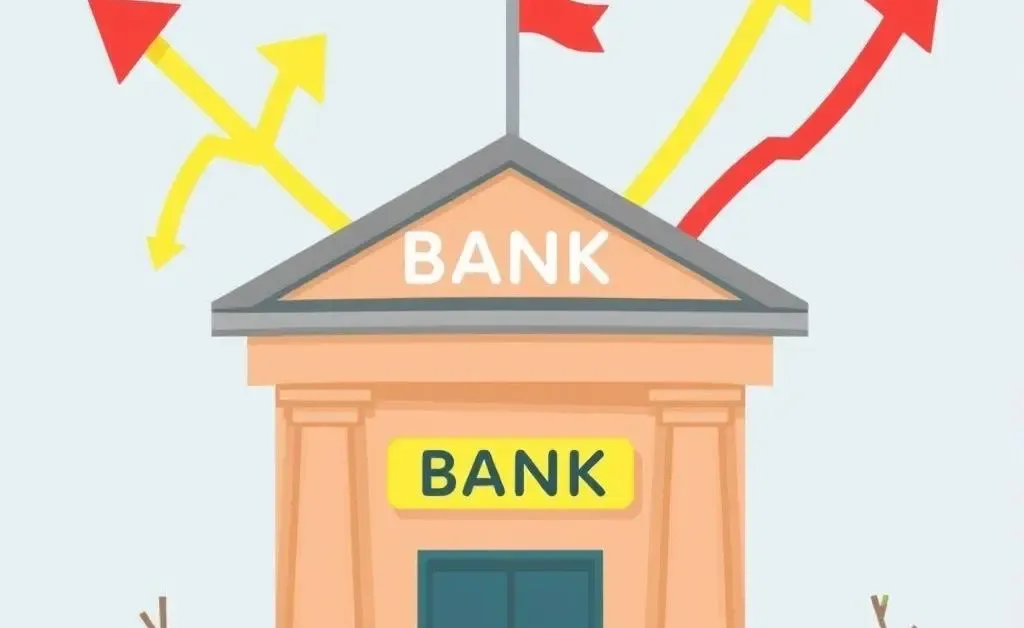How and When Do Mortgage Interest Rates Change?
Learn when banks update mortgage interest rates and how to prepare.

Mortgage interest rates can feel like a mystery. One moment you're hearing rumors of a rate hike, and the next, you're getting a letter from your bank stating your mortgage has been adjusted. So, when do banks actually decide to update these rates, and how can you prepare for the change? Let's dive in!
Understanding Mortgage Interest Rate Adjustments
If you’ve ever wondered why and when banks update their interest rates, you're not alone. So, here are some insights into how this typically works:
- Economic Signals: Banks often adjust their rates based on different economic indicators, such as inflation rates, employment data, or the central bank's base rate changes.
- Competitive Environment: Sometimes, banks watch their competitors’ rate moves and adjust accordingly to remain attractive to new customers.
- Financial Conditions: A bank's decision can also be influenced by its liquidity or the current demand for mortgages.

How Can You Stay Informed?
Staying ahead of the curve can be quite rewarding. Here's how you can do it:
- Subscribe to Updates: Many banks offer alert services to notify you about rate changes.
- Follow Financial News: Keeping an eye on economic news and reports can give you a hint of potential changes.
- Consult with Experts: Regularly checking in with a mortgage advisor can provide personalized insights.

What These Changes Mean for You
When mortgage interest rates rise or fall, it impacts your wallet. Increases can mean higher monthly payments, while decreases might offer a chance to save or refinance. It's crucial to have a plan in place for either scenario.
Your Action Plan
Prepare for future rate changes by:
- Budget Adjustments: Regularly review and adjust your budget to accommodate possible payment changes.
- Emergency Fund: Having a financial cushion can ease the pressure when rates rise.
- Rate Lock: If you're considering a new mortgage, think about locking in a rate to avoid potential increases.

Final Thoughts
Mortgage rate changes are inevitable, but with some savvy planning, they don't have to be a source of stress. By staying informed and preparing, you’ll be in a better position to handle whatever comes your way. How have you prepared for mortgage rate changes? Share your thoughts in the comments!




